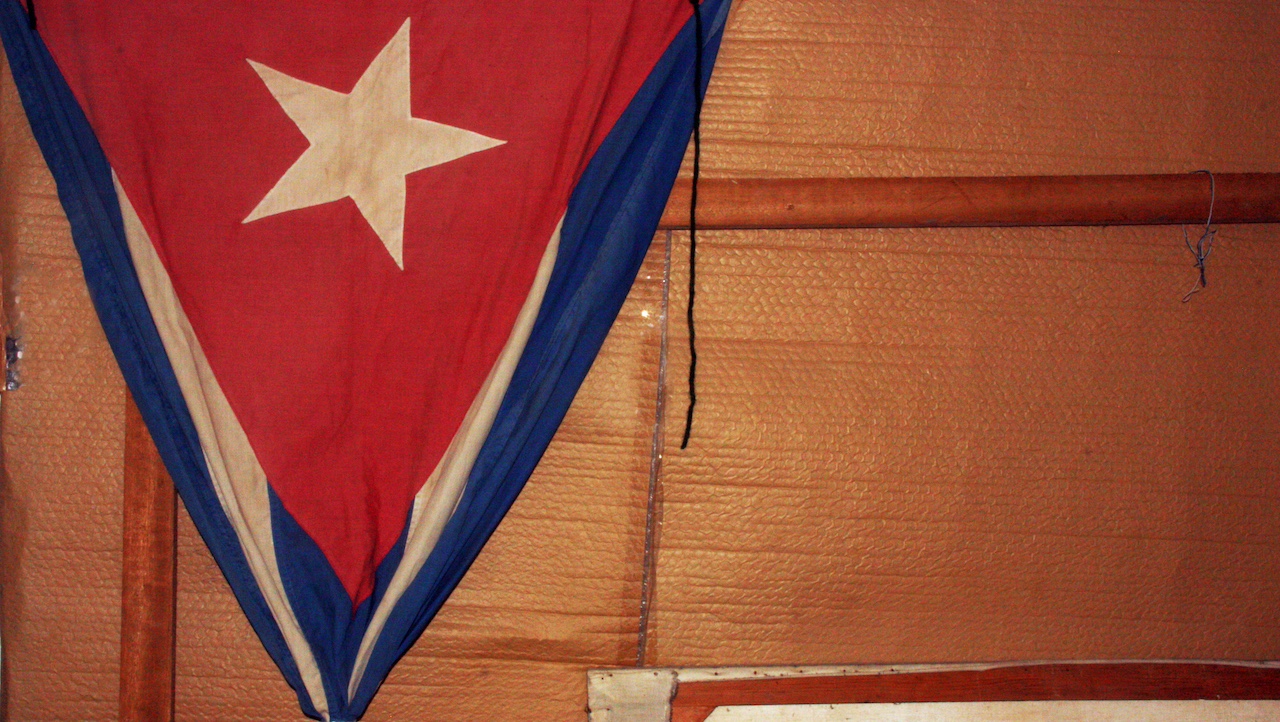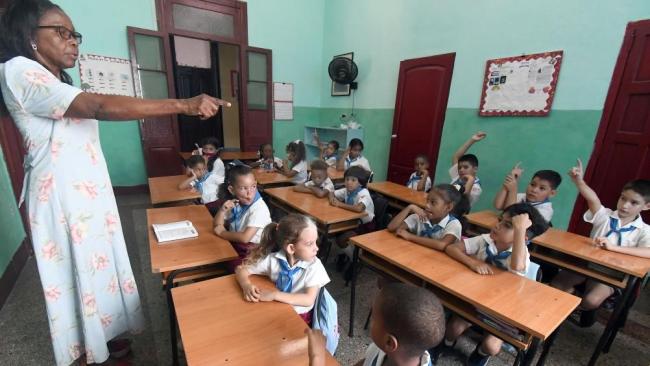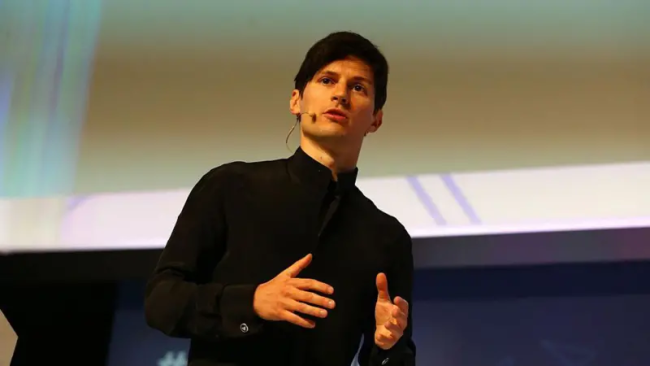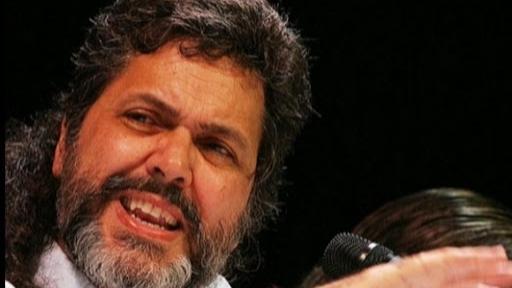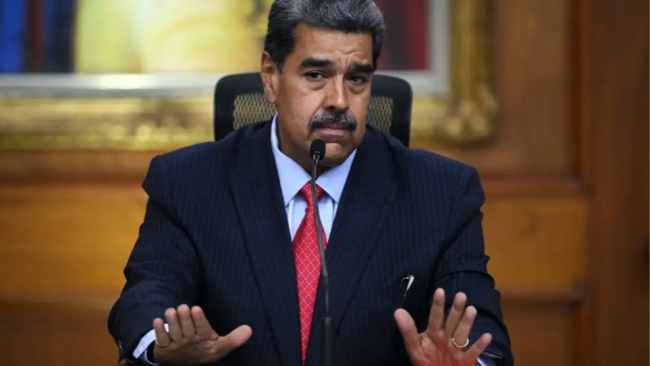The economic and human situation in Cuba has become so dire that no one would be surprised if there were a sudden breakdown in the country's civil order. Frequent citizen protests and growing criminal violence indicate that Castroism is transforming into a failed state at a dizzying pace. Cuba is no longer that unsinkable island of cork that the economist Luis Machado described in 1936. Today the country, ravaged by its own government, is sinking into an abyss of despair.
It would be imprudent to contemplate this tragedy without fear, for everything points to the unsustainability of a situation being clumsily and maliciously bungled by the Communist Party, which is unable to avert disaster or mitigate a crisis that at any time could give rise to an unexpected and uncontrollable event, which, sadly, might result in a change taking us even further from that long-awaited sovereign, prosperous and democratic republic.
The future of the nation must not be left to chance, because freedom is not played with dice and democracy does not arise automatically. We must forge it, and begin by abandoning the idea that Castroism will fall like Batista did, because it does not seem that this time we will have a clean slate, but rather hard work and commitments in a tug-of-war transition ahead.
Although banking on the emergence of a Caribbean Gorbachev is not serious, since the future must be entrusted to institutions, not people, it is logical to assume that many members of the current Government are displeased with the material, human and spiritual strangling being suffered by the nation, and, unhappy with their superiors' lack of initiative, willing to commit themselves to regime change.
We do not know the levels of discontent in the Government and its partisan and military bureaucracy, because the higher one ascends in the power structure, the fiercer the repression and lack of freedom of expression in Cuba, a dynamic that condemns the system itself to ineffectiveness and disconnect from reality.
For a transition, the importance of those holding positions at different levels of the government, silent out of fear but yearning for change, must not be overlooked. Getting them to collaborate, to undercut Castroism from within, should be one of the priorities of opposition organizations.
Specifying the measures that the opposition should take to secure collaboration by today's notorious Castroists, towards a free Cuba, is a subject too broad to be addressed here, but it will be impossible to move forward in this regard without a credible and feasible proposal for a transition free of violence or foreign intervention, and without an avowed spirit of reconciliation and forgiveness, even if this means not being very rigorous (except with the most notorious repressors and the most abject Castroists) in dealing with the application of justice and the current regime's illicit seizures of assets.
As much as it hurts that supporters of the dictatorship will go unpunished, and even benefit from their activity, the priority should not be punitive justice, but rather justice for a whole people who live subjugated, and, therefore, poor in body and soul. If the opposition manages to allay the fears of those who remain on the side of Castroism only because their sins give them no other option, the Castroist ranks would cease to be so united, and we would see major desertions. And, most importantly, when the time comes, support for the most tyrannical and unforgivable core of the mafia that has tortured us for 65 years would be less monolithic, and people would be more willing to abandon them.
Although today we do not know who in the Central Committee, or in the leadership of the Party in some provinces or municipalities, or in the MINFAR, in some large military or police unit, in counterintelligence, or State Security, can and wants to undermine Castroism from within, it would be worthwhile for the opposition to build bridges and encourage those anonymous people today to earn the right to walk a gangway towards forgivemess by, rather than fleeing a sinking ship like a rat, actively collaborating in its sinking.
An example of this bridge-building policy has just been set by the Venezuelan opposition, led by María Corina Machado, who during the campaign did not call for punishment of the Chavista mafia, or spread hatred of those who now mercilessly persecute her. On the contrary, the message of the leaders of Venezuela's victorious but cheated opposition was always that of forgiveness, integration and even dialogue with the most criminal henchmen of Chávez and Maduro, the opposition being focused on its greatest and true objective: to liberate the country.
